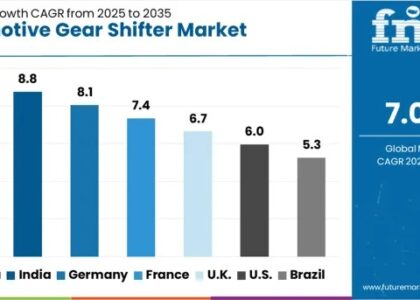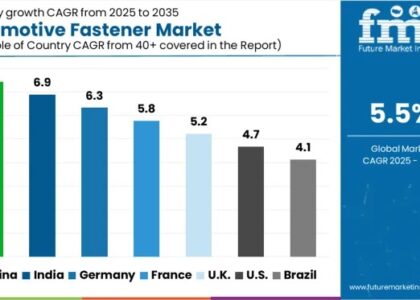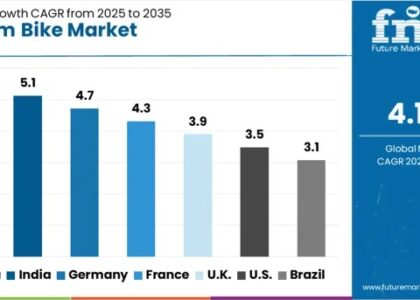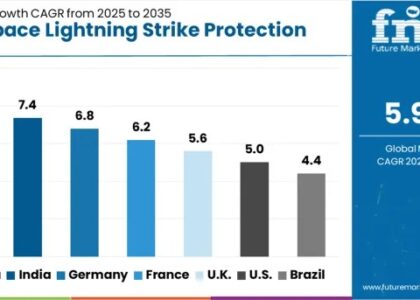Throughout the projected period spanning from 2023 to 2033, the global food waste shredder market is poised to exhibit robust growth, with a projected compound annual growth rate (CAGR) of 6.2%. This growth trajectory is anticipated to propel the market size from USD 13,800 million in 2023 to a valuation of USD 25,184 million by the end of 2033.
The escalating focus on food waste management and prevention has spurred increased adoption of stringent regulations and initiatives aimed at curbing food wastage. Governments worldwide are implementing rigorous norms alongside offering grants, funding, and subsidies to encourage the acquisition of recycling equipment, thereby fostering the growth of the global food waste shredder market.
Furthermore, the utilization of food waste as a renewable energy source is a significant driver in the global food waste shredder market. Methane produced from food waste serves as a valuable energy resource powering various treatment units. Additionally, a substantial portion of food waste is recycled to produce organic fertilizers or animal feeds, further fueling market growth.
Get Exclusive Sample Copy of the Report: https://www.futuremarketinsights.com/reports/sample/rep-gb-16262
The food waste shredder market is experiencing a surge in interest due to a confluence of environmental, economic, and social factors. Here’s a breakdown of the key drivers propelling this market forward:
Environmental Concerns:
- Growing Awareness of Food Waste: Public awareness of the environmental impact of food waste is at an all-time high. Food waste generates methane, a potent greenhouse gas, when decomposing in landfills. Shredders divert food waste from landfills, mitigating methane emissions.
- Focus on Sustainability: Food waste shredders contribute to a more sustainable waste management approach by facilitating composting and anaerobic digestion. These processes convert food scraps into valuable resources like compost or biogas, reducing reliance on landfills.
Economic Considerations:
- Government Regulations and Incentives: Many governments are enacting stricter regulations on landfill waste disposal and offering incentives for food waste reduction. This creates a financial push for businesses and households to adopt solutions like food waste shredders.
- Cost Savings: By reducing the amount of organic waste sent to landfills, food waste shredders can help businesses and municipalities lower waste disposal fees. Additionally, composted food scraps can be used as fertilizer, reducing dependence on commercially produced options.
Social and Behavioral Shifts:
- Convenience and User-Friendliness: Modern food waste shredders are designed for easy installation and operation, making them a convenient solution for busy households and commercial kitchens.
- Demand for Eco-Friendly Solutions: Consumers are increasingly seeking ways to reduce their environmental footprint. Food waste shredders offer a simple and practical solution for households to contribute to a more sustainable future.
- Focus on Resource Recovery: The growing trend of urban composting and community gardens creates a demand for readily available food scraps. Food waste shredders can facilitate the collection and processing of food waste for these initiatives.
Buy this Exclusive Report: https://www.futuremarketinsights.com/checkout/16262
Key Companies
- Emerson Electric Co.
- Oklin International
- Enic Co. Limited
- Hungry Giant Recycling
- Bhor Engineering Company
- Weimar Biotech
- IMC WasteStation
- Amey Engineers
- Bin Crusher
- Ridan Composting Ltd.
- Apollo Kitchen Equipment
- WasteCare Corporation
- MEIKO Clean Solutions (India) Pvt. Ltd.
- Komptech Americas, LLC





